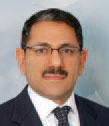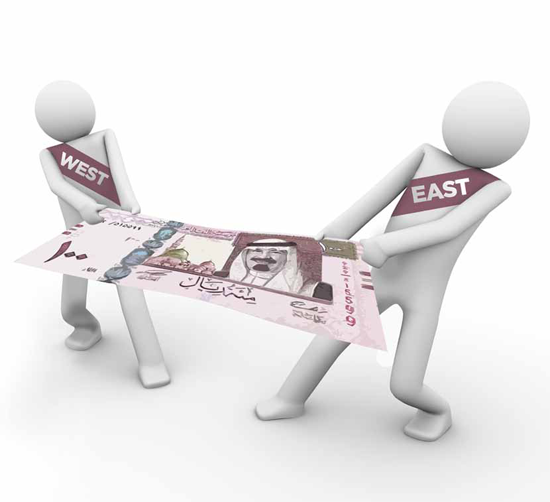Dear Reader,

Trade finance is making a comeback. It is not only refocusing on its capabilities in risk mitigation, but also regaining its place as a competitive advantage. This is occurring in many markets, from developing and emerging economies, to those that are developed, and in a wide variety of industry sectors.
Alexander Malaket, who has contributed an article in this issue entitled Middle East trade: the future, explains that the increasing acceptance of technology platforms and solutions around international banking, together with increasing integration, and engagement, in the global financial system combine well “to set an important foundation for the evolution of trade financing options in the Middle East and in North Africa”.
“The central role of export credit agencies in supporting and enabling trade finance has been widely acknowledged over the past two years, as has the critical role of international financial institutions such as the World Bank/IFC and the various regional institutions,” he says.
The contributions of effective trade finance and risk mitigation programmes provided through international financial institutions can be extremely valuable – and cost-effective – as a means of securing necessary financing, and can also enable businesses to target new markets.
In the scheme of global trade flows, Islamic trade finance is a mere drop in the ocean but the potential is huge given that the estimated trade of the 57 Muslim countries amounts to $0.5 trillion a year. But there is, according to an article by Mushtak Parker, “the question of connectivity between Islamic banks crisscrossing various parts of the world”. The feeling is that there is room for improvement
Generally, the most common route for trade is the bank route through documentary credits. Most companies and banks are used to dealing with these trade finance documents. But, unfortunately, the connectivity between the banks is still not as it might be. This is where the next great leap for Islamic finance should be in creating a global trade finance industry and mechanism.
However, Parker points out that there are signs of new initiatives to boost connectivity. For instance, a year ago Bursa Malaysia launched its Bursa Suq Al-Sila’ platform, which claims to be the world’s first end-to-end Shariah-compliant commodity trading platform that facilitates commodity-based Islamic financing and investment transactions.
Also, to underline the connectivity, some 23 Commodity Trading Participants (CTPs), which are usually banks, from Malaysia, the Middle East and Europe, have already registered with Bursa Malaysia Islamic Services (BMIS), the operating arm of the platform.
An increasing proportion of the Middle East’s international trade is being conducted on open account with a corresponding decline in the use of letters of credit. In another article, Faraz Haider, of Citi, looks at what can be done by exporters (and their banks) to reduce the risk of open account trading.
As global trade continues to recover banks are playing an important role in financing it. They are providing a range of traditional instruments, as well as a variety of new and enhanced product offerings. Even for companies trading on open account, banks are becoming increasingly important providers of supporting finance and risk mitigation techniques.
Also, in this issue we look again – through our very own Tajara report – at banking in Saudi Arabia. In this, we discover that, in broad terms, corporate banking in 2010 remained a prime business segment for banks within Saudi Arabia, whether measured as a percentage of assets, liabilities or operating and net income.
Many other fascinating insights into banking within the KSA are contained in our Tajara reports, which are available to readers. For details of how to obtain them, see the end of the article.
 Cash And Trade Magazine For Cash and Trade professionals in the Middle East
Cash And Trade Magazine For Cash and Trade professionals in the Middle East




